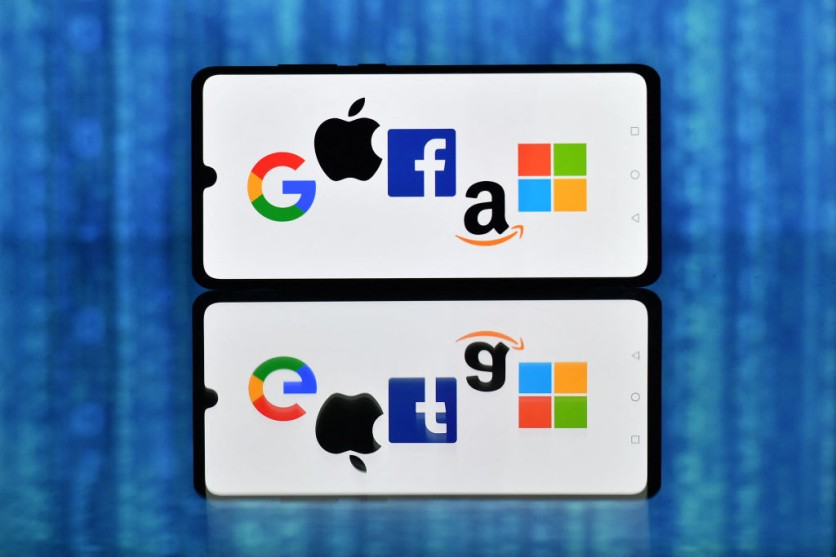The European Union (EU) is intensifying its anti-disinformation code of practice by introducing steps to prohibit internet providers of fake news from benefiting, which includes Meta-owned Facebook, Twitter, Google, and other social platforms.

Combating Fake News
The EU's executive Commission released an update to its voluntary code on Thursday, which, together with extensive new laws in the works for digital corporations, would bolster the bloc's efforts to combat the spread of disinformation.
As reported first by the AP, the EU's executive Commission released an update to its voluntary code, including extensive new laws in the works for digital companies that would bolster the 27-member bloc's efforts to combat the proliferation of false information.
EU authorities are concerned about the rise of disinformation, particularly in relation to the COVID-19 pandemic and Russian propaganda during the Ukraine war.
The code demonstrates the EU's attempts to lead the world in combating fake news.
Commission Vice President Vera Jourova told AP that the update addresses Russia's use of disinformation as a weapon in its invasion of Ukraine. She added that the update was necessary as well to address attacks on democracy.
Signatories of the EU code must take measures to combat disinformation. They are also required to provide a report about how they're applying the code's requirements regularly.
The code, on the other hand, is supported by the EU's impending Digital Services Act, a broad revamp of the bloc's digital rules that include provisions for tech companies to address systemic risks on social apps such as disinformation.
If companies do not heed, they will be charged with costly fines.
Read also : Apple and Google's 'Duopoly' over Mobile Markets is Anti-Competition - UK Regulator Claims
The Signatories So Far
The voluntary contract has already been signed by 33 online platforms, IT businesses, and non-profit organizations - more than double the number of signatories from last year.
Google, Facebook, Instagram, Twitter, TikTok, and Microsoft are among the companies that have already signed up. Several major tech firms, such as Amazon and Apple, are yet to sign the code.
Meanwhile, major tech companies such as Amazon and Apple are yet to heed the code. Social media and messaging network Telegram, on the other hand, has not signed as well, even though the AP noted that Russian-backed disinformation is rampant on the platform.
The code also incorporates safeguards that prohibit advertisements from being displayed next to false news content, ensuring that the material cannot be exploited for profit.
There are additional criteria for more openness in political adverts, too, such as the inclusion of labels, the decrease of manipulative tactics such as automated bot accounts, and the provision of tools for people to flag misleading information so that it can be removed.
Related Article : EU Digital Services Act: Google, Meta, and MORE Needs to Explain Their Algorithms to Users
This article is owned by Tech Times
Written by Joaquin Victor Tacla
ⓒ 2025 TECHTIMES.com All rights reserved. Do not reproduce without permission.




